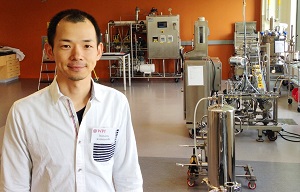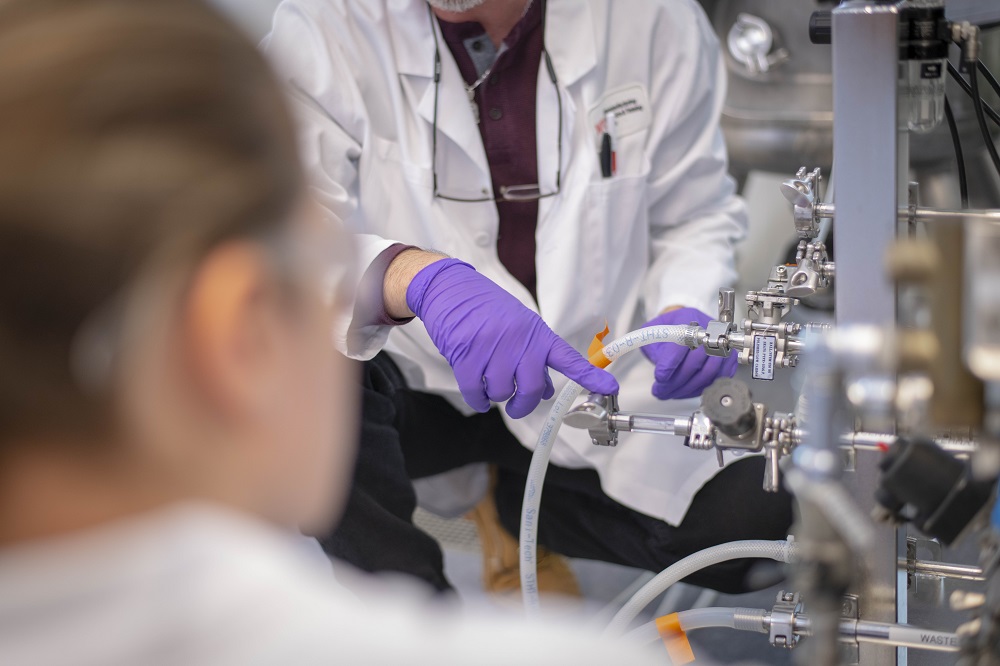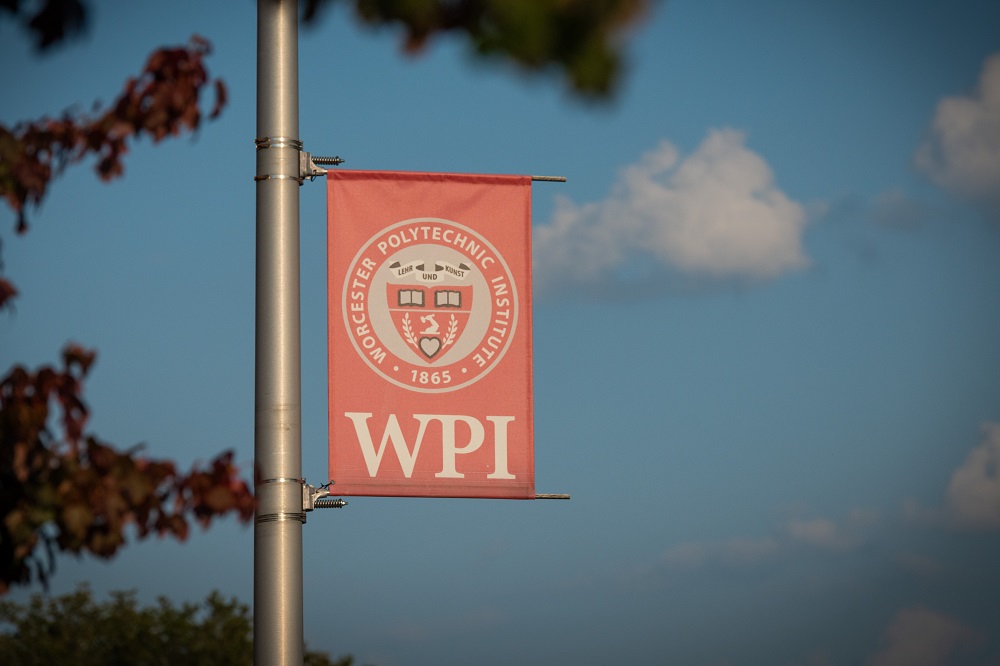Enrollment at the Biomanufacturing Education and Training Center (BETC) at Worcester Polytechnic Institute (WPI) more than doubled in the fiscal year that ended June 30, 2015.

A total of 349 people participated in BETC biomanufacturing programs in FY 2015, up from 142 the previous year and nearly ten times the number enrolled in 2011. Employees from 31 companies, including AbbVie, AdvantaPure, Astellas Pharma, AstraZeneca, Biogen, Boehringer Ingelheim, Eppendorf, Genzyme, ImmunoGen, Lonza, Novartis, Pfizer, and Shire, completed BETC programs in FY 2015.
The center’s curriculum also expanded in FY 2015, with new open-enrollment programs in upstream and downstream biomanufacturing processes, a WPI graduate course in animal cell culture technology, and several customized programs designed for specific biomanufacturing companies and equipment suppliers.
"It was an exciting year made possible by the dedicated, talented team we have at our center," said Kamal Rashid, PhD, director of the BETC and research professor at WPI. "The BETC is maturing into the vital resource that WPI and its partners in industry and state government envisioned. By working together, we are helping biomanufacturing companies grow and helping people advance their careers in this important industry."
The BETC opened in the summer of 2013 and combines classroom instruction with hands-on training in a functional pilot-scale biomanufacturing suite. Prior to 2013, WPI offered a "Fundamentals of Biomanufacturing" program for people seeking to enter the biotech sector. That program was held in the WPI Bioprocess Laboratory, a smaller facility that now provides contract research and process development services for biotech companies.
The success of the fundamentals program prompted WPI, in partnership with the Massachusetts Life Sciences Center, to build the BETC as a state-of-the-art training facility fully equipped with all the industry-standard laboratories and support systems used in biomanufacturing to offer a wider range of workforce development programs. The BETC still offers a fundamentals program, which had 61 participants in FY 2015, including a special section for former Intel workers displaced by the closing of the company’s Massachusetts manufacturing plant. The majority of participants in 2015, however, were already employed in the biomanufacturing or biotechnology sectors seeking to enhance their skills. Two specialized courses on trouble-shooting and root-cause analysis of errors and process deviations drew the largest cohort (92) of participants in 2015.
The BETC drew from all six New England states in 2015, as well as California, Colorado, Illinois, Indiana, Minnesota, Missouri, New Jersey, New York, Ohio, and Pennsylvania. No one, however, traveled farther to attend a BETC program than Wataru Kobayahsi, an associate quality manager at Astellas Pharma Inc. in Shizuoka, Japan. Kobayashi was asked to enroll at the BETC by his supervisor, Keiji Anzai, who learned of the center’s capabilities at the Bioprocess International Conference in 2014. Astellas is an established pharmaceutical company that is now developing its first biologic product, a monoclonal antibody. Kobayashi will help manage the biomanufacturing quality assurance program. He completed two-week programs at the BETC in 2015, one on upstream processes, the other focused on downstream processes.
"The hands-on aspect was the most important. It really helped me understand the technology and start to think about how we build our quality program in biologics," Kobayashi said. "I am sure some of my colleagues will be back for programs here next year."
Also notable in 2015, WPI became the first academic institution to join the Bio-Process Systems Alliance, an international association focused on single-use technologies for biopharmaceuticals and vaccines. The team at the BETC will help the industry group develop curriculum frameworks for educational and training programs for these technologies, which are transforming the biomanufacturing industry.
The growing impact of the BETC prompted newly elected Massachusetts Governor Charlie Baker and Lt. Governor Karyn Polito to hold an event at the center on their first official day in office in 2015 to highlight the center’s success and the importance biomanufacturing plays in the state’s economy. See a brief video of their visit here.
Looking ahead to the new fiscal and academic years years, Rashid said the BETC team will continue to work closely with industry to expand and evolve its capabilities and curriculum. New expression systems and process technologies are on the horizon, as is an inaugural Advanced Industrial Biomanufacturing symposium in spring 2016.
"When WPI began planning for what would become the BETC, we were motivated not only by the economic impact of biomanufacturing, but also by its potential to help people with life-changing medicines," said Stephen P. Flavin, vice president and dean of academic and corporate engagement at WPI. "The growth at the BETC, and in our life sciences and biomedical engineering programs across the university, exemplifies WPI’s commitment to innovative educational models that enable people and companies to succeed."



